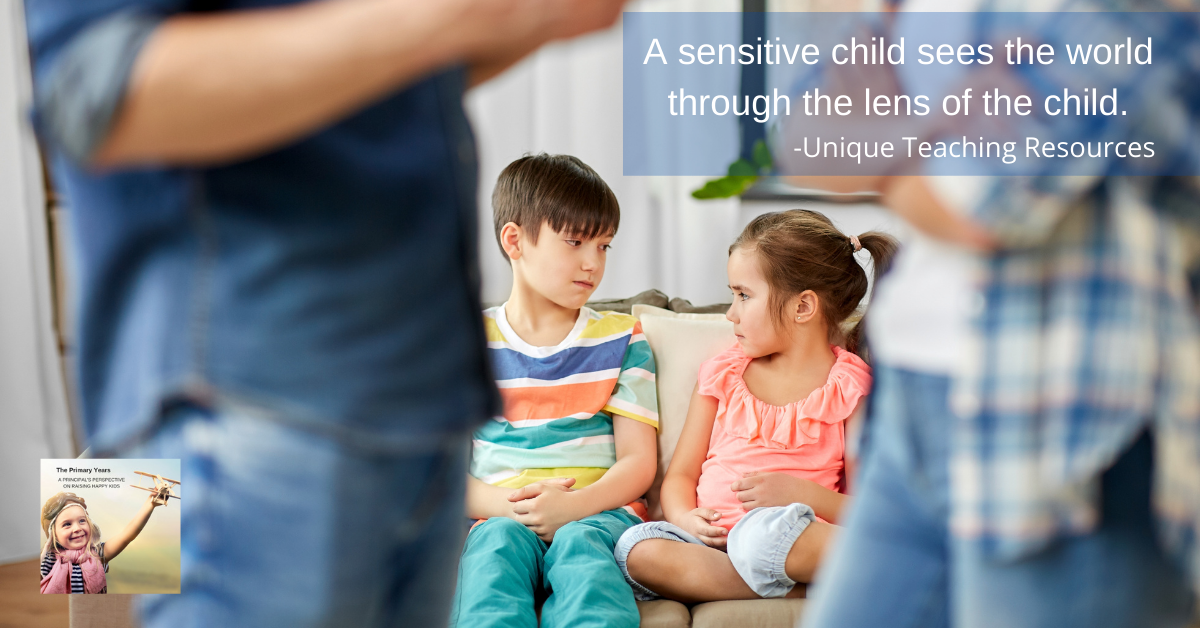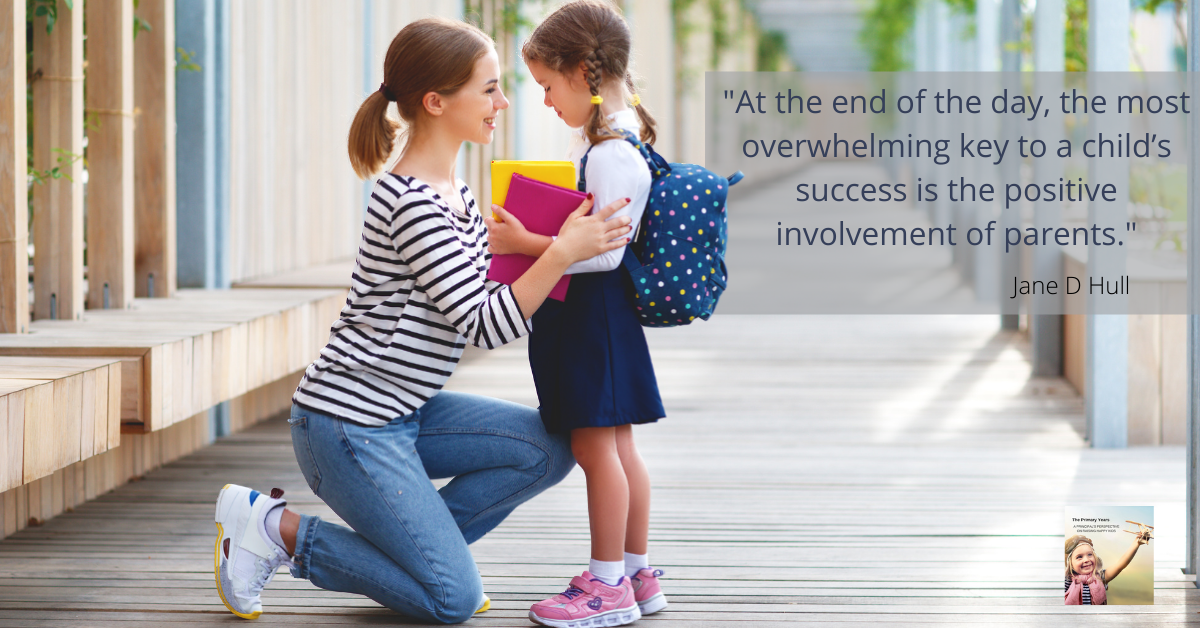Understanding how boys learn
This is such a big topic and, in some circles, quite controversial. Basing it on my observations and speaking to teachers over the years there is a clear difference in how our boys learn. Some schools do considerable professional development in this area to guide their work in the classroom. However, experienced teachers will tell you that how a boy learns in most cases is very different from a girl.
When parents brought in their pre-schooler to talk about starting school, it was evident at that early age that children had a clear sense of who they were and what they preferred to play with. No surprise the girls wanted to draw and the boys gravitated around building blocks. There are arguments that suggest that at a very early age, preconceptual ideas of gender are formed and both boys and girls will have already learnt about society’s expectations on them. This article is not to discuss the bias that is placed on gender formation, but rather to remind boys parents that there are certainly important factors to consider if a boy is to learn well. These ideas are not exclusive to boys alone but are my observations of boys learning over many years.
“I realise that despite my tiredness, my son has the most fun when I do things his way…
Wild and loud. Go Big or go home.”
Consider:
A boy will tune into learning if it attracts them. Providing lessons that are highly stimulating and interactive is a winner with the boys. This tells us that providing boys with short sharp experiences often is attractive to their learning style.
Boys can distract easily if disinterested. Once distracted, they are hard to bring back to the core of the lesson. Teachers have the challenge of providing short sharp focus time to keep them engaged. Understandably at home when you lose their attention, it can be quite a task to bring them back to focus. Perhaps try not getting angry too quickly, but rather understand that it is the nature of boys.
Intermittent sport across the school day is a great way of keeping the brain active and the boys engaged. I always found longer lessons were not as successful for the younger boys. In lockdown I am sure families found less pressure after short bursts of playing outside.
In many cases boys can find learning to read, a harder process to learn. This can also apply to writing. Teachers have to think carefully when encouraging boys to write. The more abstract the concept, the less absorbed they become. When younger, they need very tangible experiences with writing especially. Reading also needs careful selection of books, as often fantasy is not their interest. Stories that are concrete and tangible are more their choice.
Keeping the boys engaged in lessons is the skill of the teacher. Care is always taken to be inclusive and tolerant of different ways that a boy can present themselves in a classroom.
Providing activities that are tangible and concrete can really stimulate a boy’s learning. This is where problem solving in a class can be a highly sort out activity. Boys can very competitive and sport, games etc. is an excellent way to keep their energy levels satisfied.
Sometimes boys take a little longer to form their letter formation well and to write uninhibited. Slow, gentle encouragement is important here. Giving boys small objects to play with helps with motor skills. Of course, using Lego is a well-chosen activity for boys who like to build, create, design and to see something tangibly grow in their hands.
As a parent, try not to jump in too quickly to correct and discipline boys. They need time to process and you need to be sure they understand what you have to say. Perhaps there is some truth in that men are from Mars and women are from Venus.
Boys value fairness and justice. They are quick to temper but from my observations they will forgive and move on with more speed than most girls. Mateship, connection and loyalty to friends plays a very big part in their life.
The above simply highlights some features of boys which I have observed over the years. Parenting does require really understanding your child, being tolerant when necessary and encouraging where possible. As a role model, boys need to experience the full spectrum of positive values (love, compassion, empathy in parenting etc). Never underestimate the need to be gentle and fair in working with your son.
A great memory I keep is that one day two boys were sent to me for discipline. When I started talking to the boys they immediately wanted a negotiation.
“Look Mrs Smith it’s like this. We have made up now and we are friends. There is a footy game outside and we want to join in now. Can we do our consequences tomorrow?”
No surprises there were no consequences!














